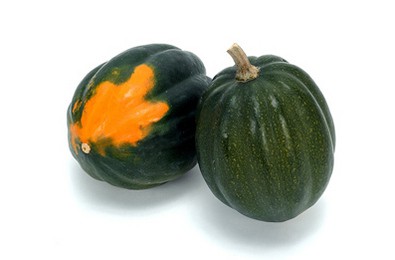Also known as the garden beet, the beetroot is a sweet, maroon root vegetable. Beetroot is a healthy, low-calorie food filled with fiber. It is known to help improve health conditions such as high blood pressure. The leaves of the red beet can also be eaten.
Beets can be consumed in a variety of ways. If consumed raw, beets should first be peeled. The top and bottom of the root should also be removed prior to ingesting. Beets can also be boiled, sautéed, pickled, fried, juiced, steamed, pureed, grilled, or baked. When cooking beets, the skin may be left on until it is loose enough to fall off, retaining the vegetable’s vivid color.
Soups made from beets, such as cold borsch, are popular in Europe. Pickled beets are a typical way of serving the plant; these are often served on hamburgers in Australia and New Zealand. Juices from the pickled vegetables are often used to prepare other dishes, such as hardboiled eggs, as well. Another common way of serving the vegetable is as a side dish or salad component.
Health Benefits of Beetroot
There are multiple benefits of beetroot and some of them are: Beetroot is a natural detoxifier and blood purifier. Beetroot is also rich in a variety of nutrients that are important for the immune system to work with full efficiency because beets encourage the production of antibodies that fight against the disease or infection inside our body. The white blood cells including leukocytes and phagocytes are responsible to fight against infection and beet helps them by providing nutritional support. Beetroot is also rich in iron and that is why it boosts red blood cells with required iron and facilitates the supply of oxygen towards the cells making our body healthy and young. Beetroot also contains manganese which is really necessary for the formation of interferon that is a potent anticancer substance and beet’s color is red because of the betanin pigment found in beet. This betanin pigment is also known as a prominent anthocyanin antioxidant that helps prevent heart disease and cancer by fighting free radicals in our body. Beetroot is also a beneficial antioxidant which provides better health and support for our liver and kidneys. Beetroot is high in fiber and is beneficial for the proper functioning of the heart and digestive system. It does not end here. There are a lot of other benefits of beetroot which I have discussed below one by one. Just keep on reading.
Beetroot can be eaten in several ways and it is easy to make a beetroot recipe. Betroot is a vegetable that has many properties. Betroot can also be eaten in salads just like carrots and onions. If you will eat beetroot regularly in form of a salad, your fatigued and tired body will get revitalized in a few days of beetroot use.
Beetroot also works as a laxative, as it is low in calories. Beetroots composition has a high content of pro-vitamin A and vitamin C. It is rich in fiber, folic acid, B vitamins such as vitamin B1, B2, B3 and B6, iodine, to a lesser extent magnesium, sodium, potassium, calcium, and phosphorus. Beetroot is also recommended for pregnant women.

